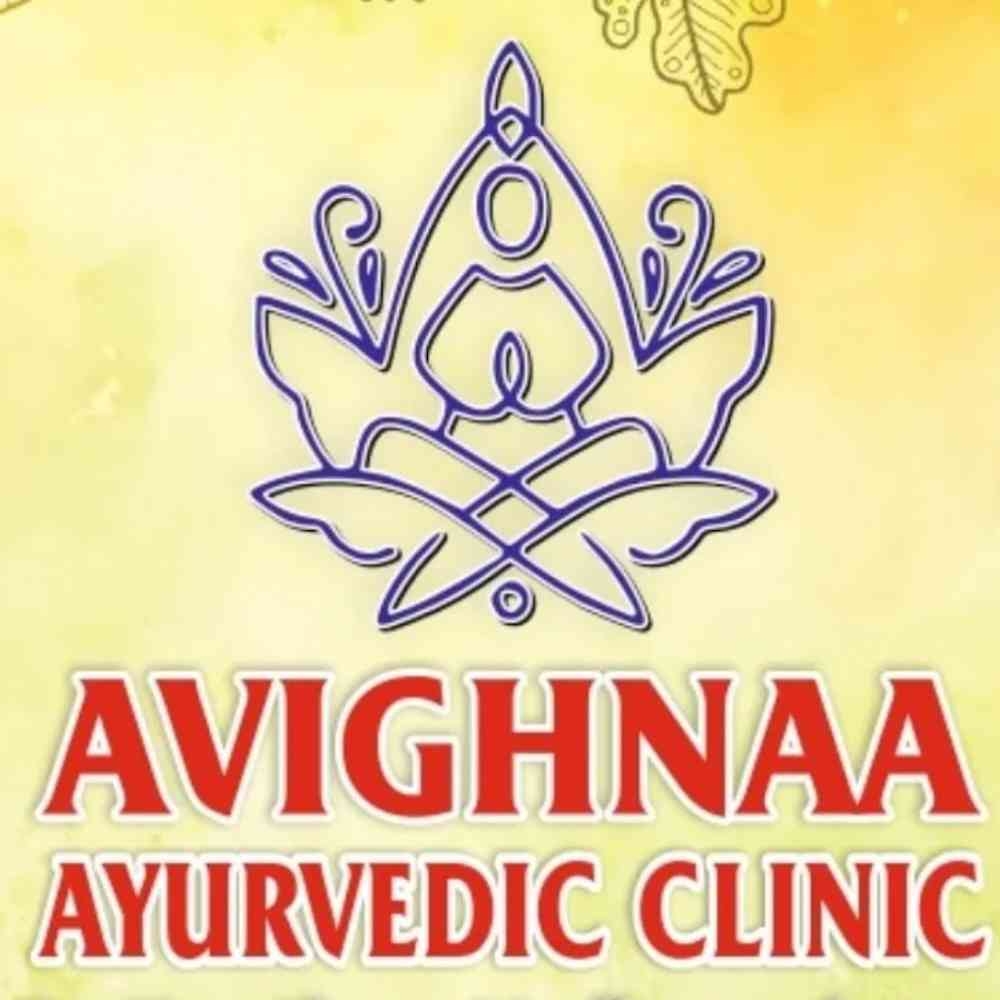+918042752844

This is your website preview.
Currently it only shows your basic business info. Start adding relevant business details such as description, images and products or services to gain your customers attention by using Boost 360 android app / iOS App / web portal.
Description
Ayurveda views stress and anxiety as imbalances primarily in the Vata dosha, though Pitta may be involved when stress turns into anger, irritability, or burnout. Ayurvedic treatment for stress and anxiety focuses on calming the mind, nourishing the nervous system, and bringing back balance through herbs, lifestyle practices, diet, and therapies. 🧠 Ayurvedic Understanding of Stress & Anxiety Vata imbalance → Overthinking, restlessness, fear, insomnia Pitta imbalance → Anger, impatience, burnout Kapha imbalance → Depression, lethargy, emotional heaviness Manas Doshas: Rajas (agitation) and Tamas (inertia) disturb mental clarity (Sattva) 🌿 Ayurvedic Treatment for Stress & Anxiety 1. 🔹 Calming & Rejuvenating Herbs (Medhya Rasayanas) Herb Action Ashwagandha Reduces cortisol, supports adrenal glands Brahmi (Bacopa) Enhances memory, calms the mind Shankhpushpi Natural brain tonic, reduces anxiety Jatamansi Sedative, good for insomnia & nervousness Vacha (Sweet Flag) Sharpens mind, reduces fog Tagar (Valerian) Calms nerves, induces sleep Guduchi Restores mental clarity, removes toxins 🧪 Formulations: Manasamitra Vatakam – For deep mental and emotional imbalances Brahmi Vati – Improves memory and reduces anxiety Ashwagandharishta – Rejuvenates the nervous system 2. 🛁 Ayurvedic Therapies (Panchakarma & Relaxation) Therapy Benefit Shirodhara Continuous oil on forehead — deeply calming Abhyanga Warm oil massage to calm Vata and soothe nerves Nasya Clears mental fog and tension (with Anu taila or Brahmi oil) Takradhara Medicated buttermilk pour – excellent for Pitta-type stress Basti Enema with medicated oils/herbs – best for Vata-related anxiety 3. 🧘 Lifestyle & Daily Practices ✅ Do: Follow a routine (Dinacharya) – reduces Vata fluctuations Wake up early (before 6 AM) Oil massage (especially with Brahmi or Mahanarayan oil) Evening rituals – herbal tea, light reading, calming music Digital detox – reduce screen time before bed ❌ Avoid: Overstimulation (loud music, excessive media) Skipping meals or irregular schedule Excessive fasting or overexertion 4. 🧘♀️ Yoga & Meditation Yoga Asanas (for calming Vata & Pitta): Sukhasana (Easy pose) Balasana (Child's pose) Viparita Karani (Legs up the wall) Paschimottanasana (Seated forward bend) Pranayama (Breathwork): Nadi Shodhana (Alternate nostril) – Balances nervous system Bhramari (Bee breath) – Instantly calming Sheetali/Sheetkari – Cooling and calming (good for Pitta) Meditation: Daily 10–15 minutes of sattvic (peaceful) mantra chanting, e.g., “Om Shanti” Mindfulness or guided meditation before bed 5. 🥗 Ayurvedic Diet for Mental Balance ✅ Include: Warm, cooked, nourishing meals Ghee (nourishes the brain), dates, almonds, sesame seeds Herbal teas: Brahmi, chamomile, rose, tulsi Milk with nutmeg or ashwagandha at night ❌ Avoid: Caffeine, sugar, processed foods Leftovers, cold/raw foods Excess garlic/onion (aggravates Rajas) 🌿 Sample Daily Anti-Stress Routine Time Activity 6:30 AM Wake up, oil massage (Abhyanga), bath 7:30 AM Light yoga and breathing (15–30 mins) 8:00 AM Warm, nourishing breakfast 10:00 AM Herbal tea (Brahmi + tulsi) 1:00 PM Sattvic lunch (no TV, no phone) 4:00 PM Walk or stretch break 6:00 PM Early light dinner 8:00 PM Pranayama / meditation 9:00 PM Warm milk with nutmeg or ashwagandha 9:30 PM Sleep (ideally before 10 PM) ✅ Summary: Ayurvedic Tools for Stress Relief Approach Key Components Herbs Ashwagandha, Brahmi, Jatamansi, Shankhpushpi Therapies Shirodhara, Abhyanga, Nasya Yoga Balasana, Viparita Karani, Nadi Shodhana Diet Warm, sattvic, grounding foods Routine Consistency, sleep hygiene, nature exposure

